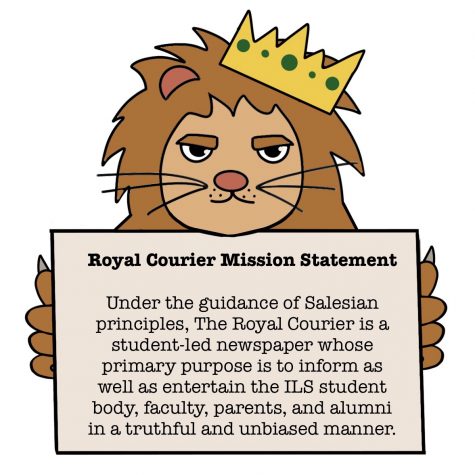The Clock is Ticking
The Clock won’t stop ticking.
March 24, 2022
The future.
Four years with the same uniform, destination and the same people. Thus far, everything you do has been part of a routine. One day, you will change this routine and it won’t be set by someone else. Everything will be your choice.
How do you prepare for this? It is all changing so fast and while you knew it would happen, it feels as if your sense of time deceived you. From the simple things like what to wear or what time to wake, to the more life altering decisions like what are you going to do with your life, now that high school has ended.
It has become a societal expectation to know the answer to the former by the ripe age of 18. Your life hasn’t even begun yet, without any experience at all you have to decide. Will you be an engineer, a scientist, a writer or a doctor? After you decide that you have to decide a specialty: a chemical engineer or an industrial engineer, a biologist or a chemist, a novelist or a journalist, or a neurosurgeon or a psychologist. You have no idea or maybe you do; however, whatever you decide at 17, 18 or 19 might not be what you want at 25.
The human brain fully develops by the age 25. It is at this age that you can make decisions that are not driven by emotion or impulse. A teenage brain is wired to have intangible dreams that are deemed goals. While some will meet their goals, others will make theirs more realistic.
You have always been told that you can do and be whatever you want to be. This still remains true; however, most teenagers were never told how to accomplish this. No one told you what it would take, and when you are disillusioned, it feels like the wind has been knocked out of you.
So, how do you plan for the future realistically?
Make Goals:
Realistic, tangible goals. What is it that you want? That’s your main goal. What do you need to do to accomplish it? Those are your subgoals: smaller accomplishments that will push you toward the main.
Set a Timeline:
By setting a timeline for your goals, you will have a sense of what is possible. If you want to write a seven-book series, create a 20 million dollar startup and win a Nobel Prize by the time you graduate high school but you graduate in two months, chances are you won’t accomplish it. If you give yourself 15 years to do all three, your chances increase.
If you are not willing to go through with your goals, then you don’t really want to accomplish them. Drive and motivation are derived from a need to get where you want to be. Figure it out. You have more time than society tells you, but not as much as you think you do.















